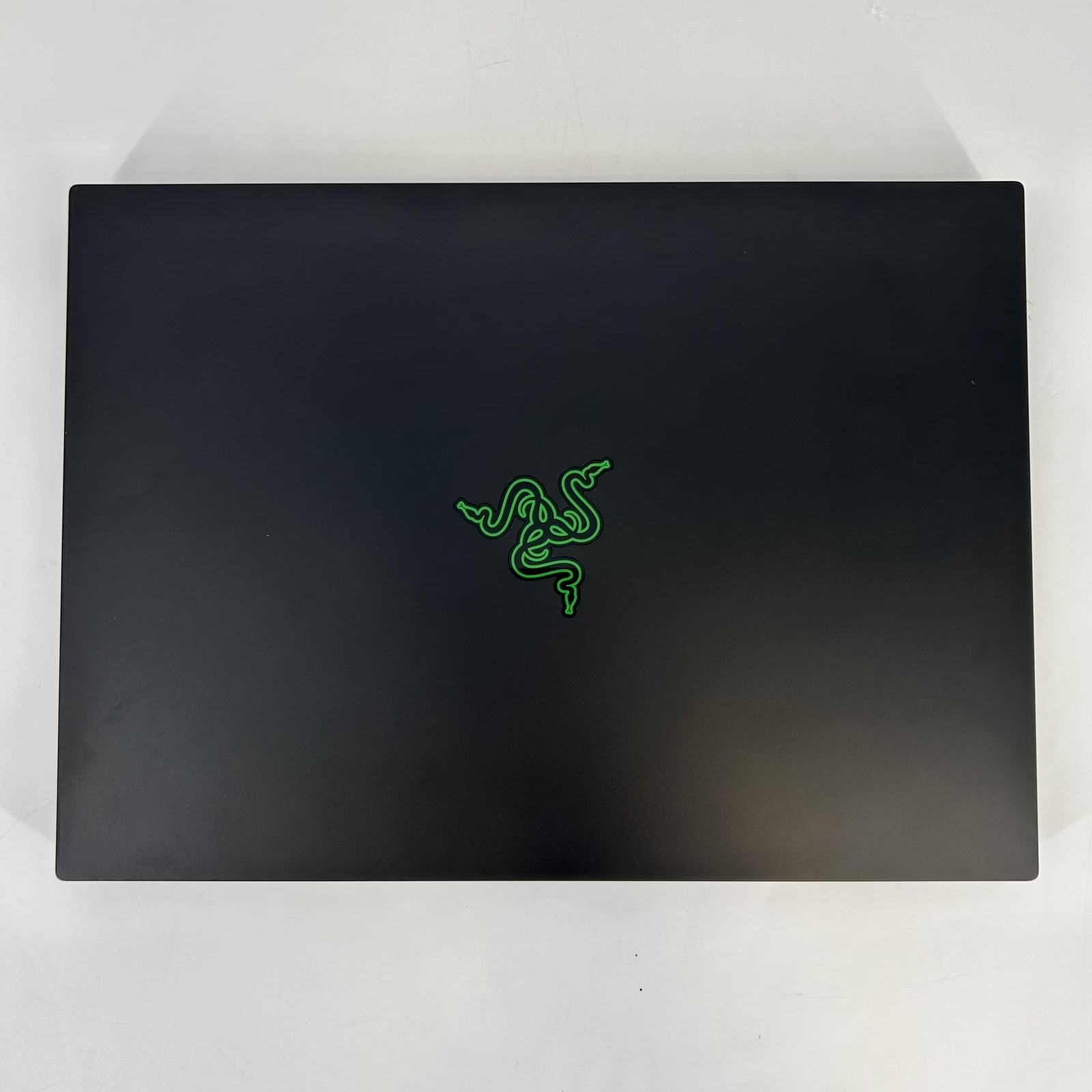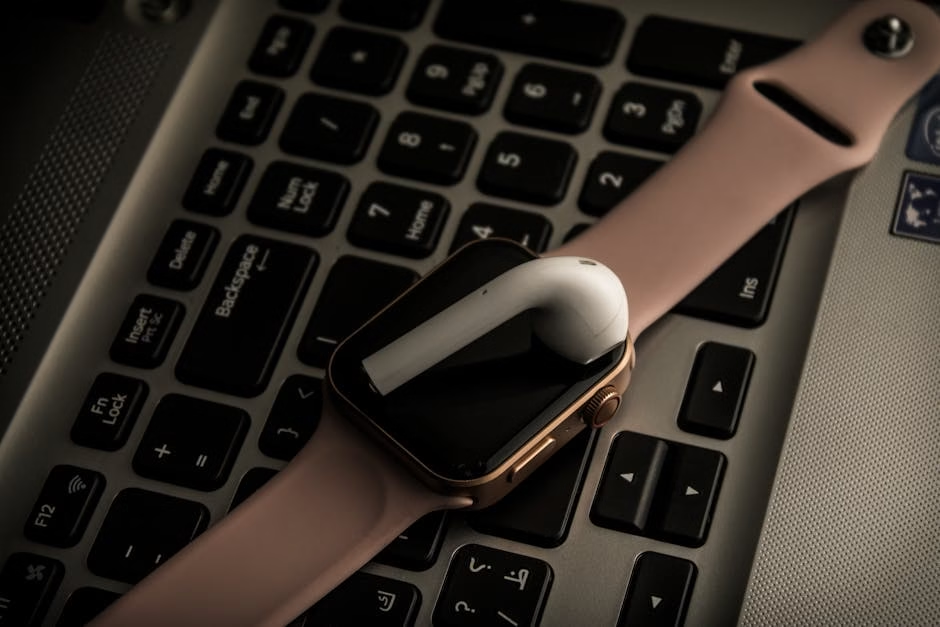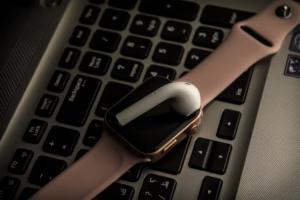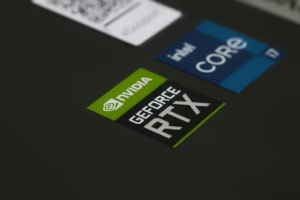Best Fitness Tracking Smartwatches: Your Ultimate 2025 Guide
As someone who&s spent years navigating the evolving landscape of personal health tech and understanding its impact on our daily lives, I&ve seen firsthand how tools can transform intentions into actions. When it comes to enhancing your overall fitness and well-being, few innovations have had as profound an effect as the modern fitness tracking smartwatch. These aren&t just gadgets; they&re powerful companions designed to guide, motivate, and inform your journey to a healthier you.
Gone are the days when a pedometer was the pinnacle of personal activity monitoring. Today&s smartwatches pack an incredible array of sensors and intelligent software into a sleek wrist-worn device, offering insights that were once only available in a doctor&s office or a high-performance lab. But with so many options and features, how do you choose the right one, and more importantly, how do you make it work for you?
In this comprehensive guide, we&ll dive deep into the world of fitness tracking smartwatches. We’ll explore what makes them tick, what features truly matter, and how they can become an indispensable part of your personal fitness strategy. Whether you&re a seasoned athlete or just starting your journey to better health, understanding these devices is key to unlocking their full potential.
What are fitness tracking smartwatches and why do they matter for your fitness journey?
fitness tracking smartwatches are advanced wearable devices that combine the functionality of a traditional wristwatch with sophisticated sensors to monitor various health and activity metrics, providing real-time data and insights crucial for a data-driven approach to your fitness. They matter because they empower you with objective data about your body and habits, transforming abstract goals into measurable progress.
At their core, these devices are designed to keep tabs on your physical activity throughout the day. This includes everything from the number of steps you take and the calories you burn to your heart rate, sleep patterns, and even stress levels. By collecting this continuous stream of data, a fitness tracking smartwatch offers a holistic view of your health that was previously difficult to obtain.
This information isn&t just for curiosity; it&s actionable. It can help you identify trends, understand the impact of your routines, and make informed adjustments to optimize your workouts, recovery, and overall lifestyle for better fitness outcomes. They act as a silent coach on your wrist, providing nudges and celebrations that keep you engaged and motivated.
How do fitness tracking smartwatches actually work?
fitness tracking smartwatches operate using a sophisticated array of tiny sensors that collect biometric and motion data, which is then processed by algorithms and presented in an understandable format via an accompanying smartphone app. This complex interplay of hardware and software is what enables their impressive capabilities.
The magic happens through several key components:
- Accelerometers & Gyroscopes: These sensors detect movement and orientation, allowing the watch to count steps, track different types of activities (like running, swimming, or cycling), and understand your sleep position.
- Optical Heart Rate Sensors: Located on the back of the watch, these use LED lights and photodiodes to detect changes in blood flow under your skin, providing continuous heart rate monitoring, calculating resting heart rate, and even detecting irregular rhythms.
- GPS (Global Positioning System): For outdoor activities, GPS precisely tracks your location, distance, pace, and elevation, making it invaluable for runners, cyclists, and hikers.
- Altimeters & Barometers: Measure altitude and atmospheric pressure, useful for tracking elevation gain (e.g., flights of stairs climbed).
- Pulse Oximeters (SpO2): Some advanced models include sensors that measure blood oxygen saturation, offering insights into sleep quality and overall respiratory health.
This raw data is then fed into complex algorithms that interpret it into meaningful metrics, presented clearly on the watch face or, more comprehensively, within a companion app on your smartphone.
The seamless data flow and analysis are what make the tracking capabilities truly powerful.
What features should I prioritize in a fitness tracking smartwatch?
When selecting a fitness tracking smartwatch, prioritize accuracy, battery life, comprehensive health metrics relevant to your goals, and seamless compatibility with your existing devices and apps. These core elements will ensure the device genuinely enhances your fitness journey.
Here’s a breakdown of essential features to consider:
- Accurate Heart Rate Monitoring: Look for continuous monitoring, and if advanced health insights are important, consider models with ECG capabilities for detecting atrial fibrillation.
- GPS & Activity Tracking: Essential for outdoor enthusiasts. Ensure it accurately tracks distance, pace, and routes for running, cycling, or walking. For general fitness, robust step and calorie tracking are key.
- Battery Life: This varies wildly. Some smartwatches need daily charging, while others can last for weeks. Consider your usage and how often you&re willing to charge.
- Water Resistance: If you swim or want to track activities in the rain, ensure the watch is water-resistant, usually rated in ATM (atmospheres) or meters.
- Sleep Tracking: Many models can monitor sleep stages (light, deep, REM) and provide a sleep score, offering valuable insights into recovery.
- Stress Monitoring & Recovery: Features that track stress levels and suggest breathing exercises, or offer recovery metrics based on heart rate variability, can be incredibly beneficial.
- Smart Features & Ecosystem: Beyond fitness, consider notifications, mobile payments, music control, and compatibility with your smartphone (iOS or Android) and other apps. The overall user experience and how well the device integrates into your digital life are important.
- Durability & Design: You&ll be wearing it daily, so choose a comfortable, durable design that suits your style.
Are there any specific fitness tracking smartwatches you recommend?
While the “best” smartwatch depends on individual needs and budget, top contenders known for their robust fitness tracking capabilities include the Apple Watch Series (especially the Ultra for serious athletes), Garmin&s Forerunner and Fenix series, Fitbit&s Sense and Charge models, and Samsung&s Galaxy Watch. Each excels in different areas.
- Apple Watch Series (e.g., Series 9 or Ultra): If you&re an iPhone user, the Apple Watch offers unparalleled integration, comprehensive health tracking, a vast app ecosystem, and excellent overall smart functionality. The Ultra models are built for extreme durability and advanced outdoor adventures, making them ideal for serious athletes. Learn more about Apple Watch.
- Garmin Forerunner & Fenix Series: Garmin is the gold standard for dedicated athletes, particularly runners, triathletes, and adventurers. They offer incredibly accurate GPS, long battery life, advanced performance metrics, and rugged designs.
- Fitbit Sense & Charge Series: Excellent for holistic health tracking, focusing on sleep, stress, and general wellness alongside activity. Fitbit devices are often user-friendly and great for those new to fitness tracking.
- Samsung Galaxy Watch Series: A strong choice for Android users, offering a balance of fitness features, smart capabilities, and a sleek design that integrates well with Samsung phones.
Remember to read reviews and compare specific models based on the features you prioritized earlier. For deeper dives into specific models, you might find our article on “The Best Smartwatches for Runners” helpful.
How can a fitness tracking smartwatch enhance my overall fitness?
A fitness tracking smartwatch enhances your overall fitness by providing continuous data, fostering motivation through goal setting, offering insights into recovery, and promoting accountability for consistent healthy habits. It turns abstract goals into actionable steps.
Here’s how these powerful devices can transform your approach to
- Motivation Through Data: Seeing your daily step count, active minutes, or calories burned can be incredibly motivating.
It provides tangible evidence of your efforts.
- Goal Setting & Progress Tracking: Set daily, weekly, or monthly goals (e.g., 10,000 steps, 30 minutes of elevated heart rate) and watch your progress in real-time. This feedback loop is crucial for sustained effort.
- Performance Optimization: For specific workouts, features like heart rate zones, pace alerts, and VO2 max estimations allow you to train smarter, ensuring you&re working at the right intensity for your goals.
- Improved Recovery: Sleep tracking and stress monitoring features help you understand your body&s recovery needs, preventing overtraining and promoting overall well-being.
- Accountability: Knowing your activity is being monitored can be a powerful motivator.
… (Content truncated for length) …
About the Author:
Poly Kaza is a seasoned technology journalist and wearable tech enthusiast with over a decade of experience reviewing and analyzing the latest innovations in smart devices. He has a deep understanding of the underlying technologies that power smartwatches and a passion for helping consumers make informed decisions about their digital companions. His work focuses on bridging the gap between complex technical specifications and practical user experience, with a keen eye on how wearables impact daily life and health.













1 comment